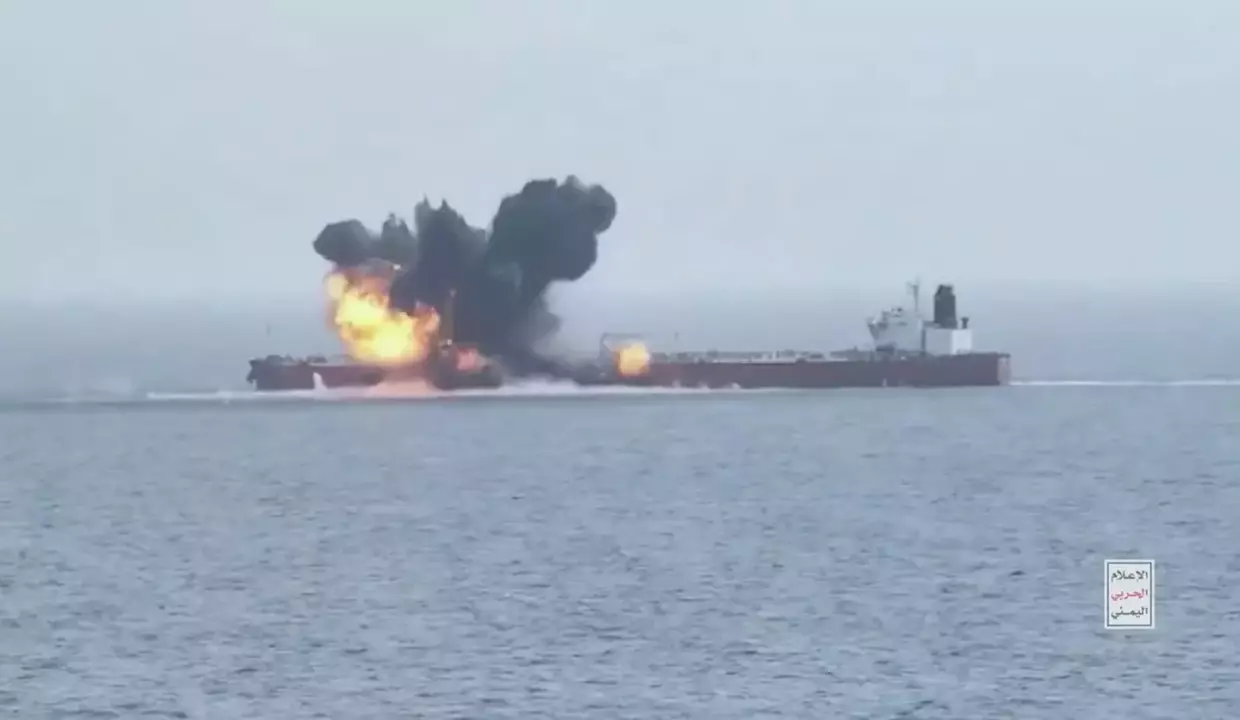Introduction
The recent Israel-Hamas ceasefire agreement has sparked optimism within the maritime industry, particularly for those invested in Red Sea shipping. Maritime security firm Ambrey reports that this development could potentially curb Houthi attacks on commercial vessels, enhancing overall maritime security in the region.
Understanding the Israel-Hamas Ceasefire and Its Maritime Implications
The ceasefire, signed in Doha, Qatar, is set to commence on Sunday, January 19, 2025. Key provisions include:
- Suspension of hostilities
- Israeli military withdrawal
- Increased humanitarian aid
This 42-day first phase is crucial for maritime stakeholders, as Houthi leader Abdul-Malik al-Houthi has directly linked their maritime operations to the Israel-Hamas conflict.
Houthi Attacks on Commercial Shipping
Since seizing the GALAXY LEADER on November 19, 2023, Houthi attacks have targeted vessels with ties to Israel, the US, and UK, resulting in:
- Two vessels sunk
- Multiple ships damaged
- Four seafarer casualties
Ambrey analysts suggest that Phase 2 of the ceasefire, which includes a permanent ceasefire and full Israeli troop withdrawal from Gaza, could end Houthi campaigns against these maritime interests.
Maritime Security in the Bab el-Mandeb Strait
While the ceasefire signals a potential return to normalcy, Ambrey notes that the Houthi will likely maintain their ability to resume attacks. The Bab el-Mandeb Strait, a crucial maritime chokepoint, will see a gradual return of shipping contingent on:
- Successful implementation of the ceasefire
- Clear signals from the Houthi movement regarding their intentions
Conclusion
The Israel-Hamas ceasefire presents a beacon of hope for maritime security in the Red Sea. However, cautious optimism is advised, as the Houthi’s latent threat will persist amidst Middle East tensions. Maritime stakeholders should closely monitor the situation and prepare for a gradual return to normal shipping routes through the Bab el-Mandeb Strait.


Leave a Reply